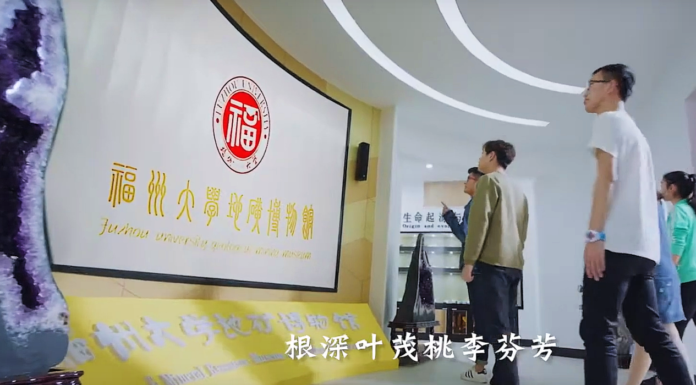(Headline USA) A researcher was convicted on Thursday of illegally concealing work he was doing for China while employed at the University of Kansas.
But U.S. District Judge Julie Robinson continues to weigh a defense motion to dismiss the case against Feng “Franklin” Tao of Lawrence, Kansas.
Robinson on Monday asked the attorneys to submit their arguments in writing, with the trial to proceed while she weighs the issue.
Jurors found him guilty of three counts of wire fraud and one count of false statements for not disclosing on conflict of interest forms that he had been named to a Chinese talent program, the Changjiang Professorship, on grant applications.
As part of that program he traveled to China to set up a laboratory and recruit staff for Fuzhou University, telling the University of Kansas he was in Germany instead.
Prosecutor Adam Barry described it as “an elaborate lie” to defraud the university, the U.S. Department of Energy and the National Science Foundation.
But defense attorney Peter Zeidenberg argued that Tao was merely “moonlighting” and stressed throughout the trial that Tao remained such a prolific researcher that the University of Kansas honored him in April 2019—just months before his arrest.
He contended that Tao completed all the research he received grants to conduct and said his work in China wasn’t against the rules because he wasn’t paid for it.
Zeidenberg also noted that Tao listed his affiliation with both schools in some papers, suggesting he wasn’t hiding it.
The case against Tao was part of what the Justice Department called its China Initiative, an effort created in 2018 to crack down on trade secret theft and economic espionage.
The department in February ended the initiative following pressure from left-wing activists and failed prosecutions during the Biden administration, though officials say they still intend to pursue the threat from China.
Still, some warn that the decision will likely lead to increased espionage attacks from China at a particularly sensitive time, when the two nations find themselves clashing over diplomatic and trade matters.
Tao, who was born in China and moved to the U.S. in 2002, began working in August 2014 at the University of Kansas’ Center for Environmentally Beneficial Catalysis, which conducts research on sustainable technology to conserve natural resources and energy.
With Robinson still awaiting written arguments, no sentencing date has been set. Tao faces up to 20 years in federal prison and a fine up to $250,000 on the wire fraud counts, the Department of Justice said in a news release.
“While we are deeply disappointed with the jury’s verdict, we believe it was so clearly against the weight of the evidence we are convinced that it will not stand,” Zeidenberg said, noting that all the agencies listed as victims “said they were fully satisfied with the work Dr. Tao did on their grants.”
Adapted from reporting by the Associated Press

